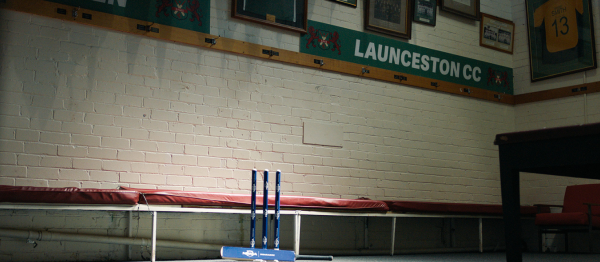01 November 2021
Haka for Life founder Leon Ruri
The man who made the haka a battle cry for men’s mental health

Leon Ruri knows he could have been a statistic – one of the seven men who takes their life each day in Australia.
"I was in a world of despair,” says the Māori dad of four, who moved to Perth in 1994. “It was like I knew I had another language inside me, but I didn’t know how to speak it. I felt like I had exhausted every avenue, everything I tried didn’t work, and it was time for me to go.”
Unable to express himself, Leon used drugs and alcohol to numb the trauma of childhood sexual abuse. A broken relationship and failed rugby dreams drove him deeper into the darkness.
That was until Leon was asked to perform the haka for Anzac Day while working FIFO at Barrow Island in 2013. He was stunned at the impact of the ceremonial Māori dance, the way it asks you to be fierce yet vulnerable – and unapologetically human.
"It was a cultural declaration but also a powerful demonstration of masculinity," says Ruri. "By stepping into my culture, it made me accountable for how I was showing up in my life.”
It marked part of an emotional healing process that involved ditching drugs and alcohol, meditating, turning to nature (“Whitfords Beach is my happy place”) and working through childhood trauma with a psychologist.
I had no issues fighting a physical fight, but to be able to talk to someone about how I was feeling... I was intimidated
He knew he wasn’t alone. “That's the experience of so many men – they're trapped in their minds,” he says, citing the high suicide rate of Australian men.
A battle cry for suicide prevention
To help, he formed Haka for Life in 2017, giving locals a platform for connection and expression by performing the haka at public events. While traditionally a precursor to war, these hakas have become a battle cry for men’s mental health.
"They say men live and die in silence," he says. "But when you do the haka, silence does not exist. It doesn't matter who you are, men can be themselves in the most powerful, positive way and express themselves in a way they've never done before."
A fixture on their calendar is Anzac Day, including a joint haka and Noongar corroboree, which debuted in a world-first at Kings Park in 2018.
Mardi Gras is another key event, a nod to the significant suicide risk of the LGBTQI+ community. “It’s a powerful symbolic thing for people to stand up and show what they stand for.”
In this way, Haka for Life invites men to express themselves – and not just as performers. "We have so many people saying it's saved their life,” says Leon. “I had a call from a guy just the other day saying it had saved his life. He attributes the haka to helping him not only connect but to express himself."
Leon recalls one man in the audience, who had "been to over 25 Anzac Days – Aussie as can be – bawling his eyes out. He said, 'I've never experienced anything that powerful’."
If you or someone you know needs help, contact: beyondblue 1300 224 636, beyondbluebeyondblue.org.au; or Lifeline on 13 11 14, lifeline.org.au.






